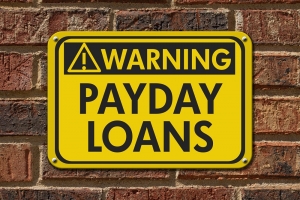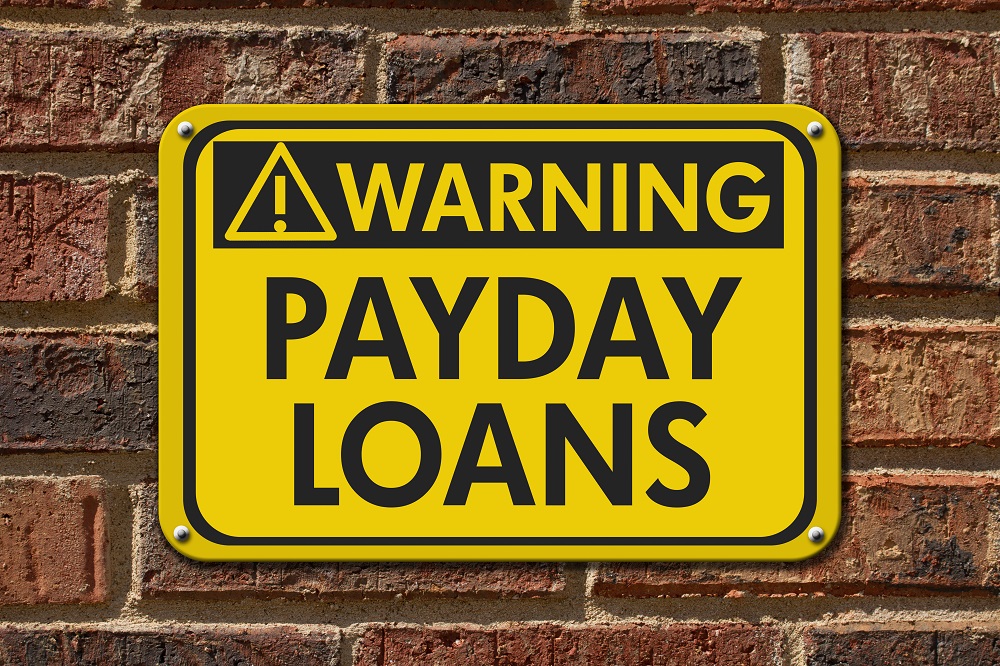Payday Loan Debt Relief in an Arizona Bankruptcy
 Payday loans are often a quick solution for people who need a little bit of money to get on by until receiving a salary.
Payday loans are often a quick solution for people who need a little bit of money to get on by until receiving a salary.
The problem with payday loans is that they tend to have somewhat unfavorable conditions. As a result, they can easily contribute to the accumulation of debt.
If you’re struggling with payday loan debt, you could be wondering if a bankruptcy would be one of the viable ways out. Let’s examine the different bankruptcy filing types to determine if the payday loan debt can be discharged.
Bankruptcy Chapter and Payday Loan Discharge
Bankruptcy is a general term but it refers to different types of filing.
A Chapter 7 is a liquidation bankruptcy that will contribute to the discharge of debt. To get a Chapter 7 bankruptcy discharge, you’ll first have to pass the Arizona means test and prove your income is lower than the median for the state.
In that case, you can do a Chapter 7 filing. Payday loan debt can be discharged via a Chapter 7 bankruptcy, as long as it is fully included and listed in the bankruptcy estate. Payday loans aren’t secured debts, which means that they’re relatively easy to discharge.
A Chapter 13 bankruptcy had the debtor repaying some of the debt in the form of court-ordered monthly instalments. Payday loans are treated just like all other kinds of unsecured debts. They could be included in the bankruptcy estate, allowing the creditor to get at least a portion of the money back.
There are hardship provisions and other Chapter 13 possibilities that could enable the debtor to get rid of some loans without having to pay anything back to the creditors. To learn if you qualify for such an option, you will need to consult an experienced Arizona bankruptcy attorney.
Click here to find out about bankruptcy and your credit report after discharge.
Can You Take a Loan if You’re Intending to Do a Bankruptcy Filing?
Some people may think that taking out a payday loan shortly before doing a bankruptcy filing is a good thing. This way, they’ll benefit from the financial resources and they’ll get a discharge after the filing is complete.
If you’re considering this type of practice, you should definitely think twice.
Taking out a payday loan with the intention to never repay is considered a fraudulent act.
Fraudulent debts cannot be discharged in a bankruptcy, especially if the creditor managed to prove the fraudulent intent on behalf of the debtor.
Taking a payday loan in the 90 days before the bankruptcy filing can be especially problematic. The court will scrutinize such actions and you will have the burden of proving that you really needed the funding and you did not act in a fraudulent manner.
In such instances, creditors also have the right to object to a bankruptcy discharge if you get one.
In such instances, it would be up to the creditor to establish fraudulent intent on behalf of the debtor.
Very often, people start a vicious cycle by taking out payday loans. Such loans are requested one after the other to deal with the high interest rates and the unfavorable conditions. Thus, a person who has succumbed to the pattern will probably not be questioned if they needed a loan to repay a previous one shortly before doing a bankruptcy filing.
An isolated case of taking out a payday loan in the months before the bankruptcy filing, however, could complicate the situation.
Whenever a court determines that you’ve acted in a fraudulent manner, your bankruptcy filing could be dismissed. In more serious instances, fines and even criminal sanctions could be imposed.
It’s best to avoid taking a payday loan shortly before doing the bankruptcy filing. If you’re really struggling, talk to a bankruptcy attorney. A lawyer will help you find out whether the bankruptcy filing is your best option or if you should opt for an alternative way to deal with the situation.


